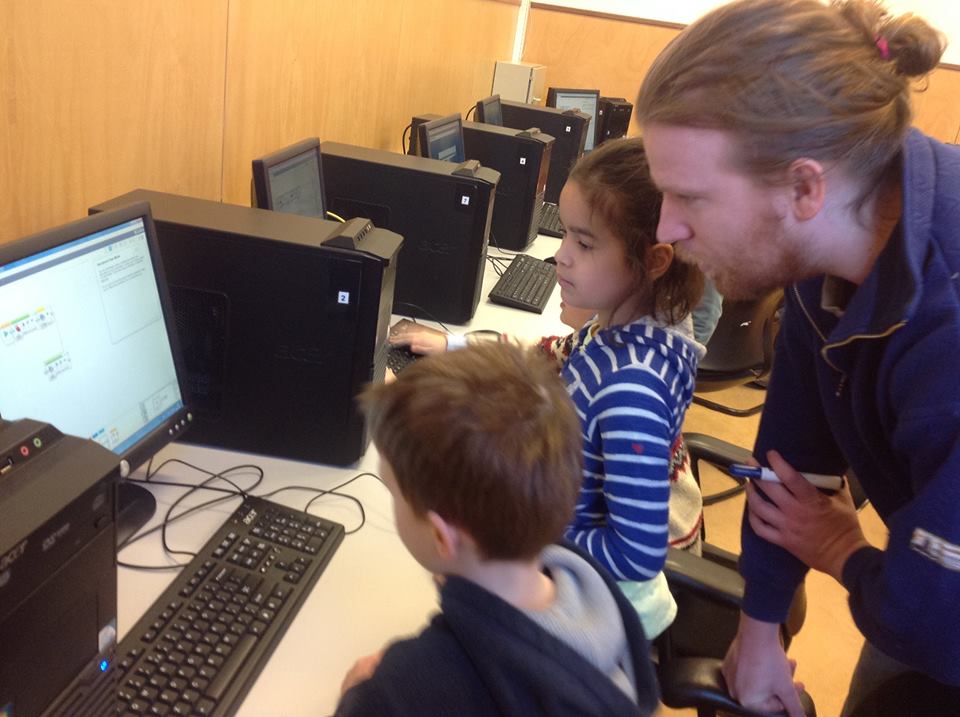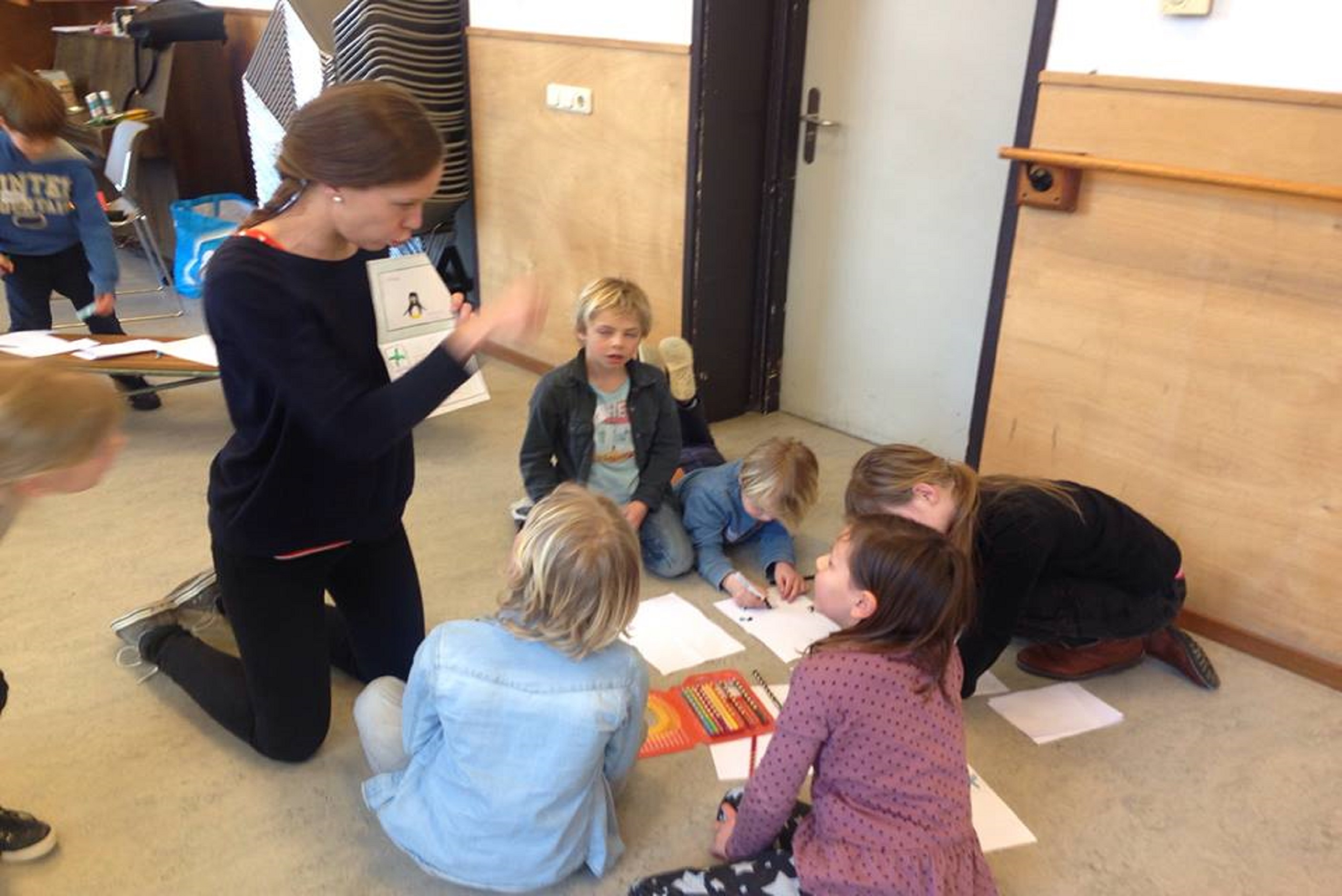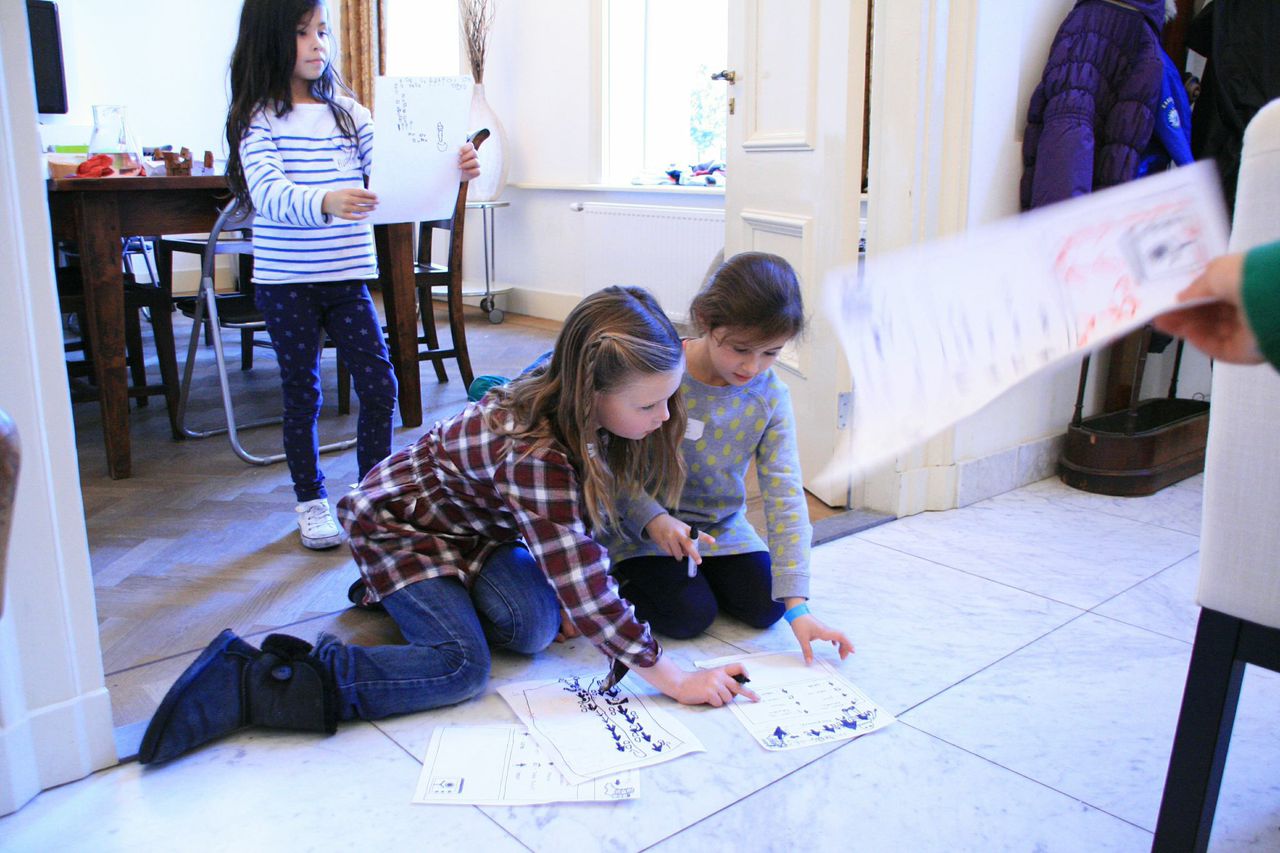NewTechKids has recently returned from the United Arab Emirates where our teachers (and one child assistant) taught computer science bootcamps during the Sharjah Children's Reading Festival (April 19-29, 2017). Everyday, we taught children ages 7-12 about systems thinking (computers, their main parts and how these parts work together) and technology design (function, requirements and user interface). The children who attended were very enthusiastic and engaged. The United Arab Emirates is a fascinating country, with innovation and technology everywhere, from
Read moreinnovation
In December 2016, the European Union published the report “Developing Computational Thinking in Compulsory Education: Implications for policy and practice”. Click here for a definition of computational thinking and how it helps students solve problems, understand the world around them and become inventors. The report is useful to compare the EU's action to other places such as the United States which launched the 'Computer Science for All' initiative which will bring computer science education to all students in America, beginning in primary school.
Read moreLast week, NewTechKids' co-founders attended the OECD Teaching and Learning International Survey (TALIS) Conference in Haarlem, the Netherlands. Hosted by the Dutch Ministry of Education, Culture and Science, the conference brought together Dutch and international teachers, school leaders, researchers, policy makers and government representatives. They shared the results of TALIS (a large-scale international survey involving 33 countries) and discussed new strategies for improving the professional development of teachers and the learning environments in schools. The
Read moreOn October 22nd, we organised our first NewTechKids workshop. The children, aged seven to nine, learned about the concepts of programming and automation. The kids explored how technological systems work in terms of input/output, controls, processes and programming. To bring the theme of systems thinking to life, we structured the class around a challenge: programming a robot to dispose of toxic waste before it leaked and turned everyone into zombies. Each child designed simple code for a
Read more


